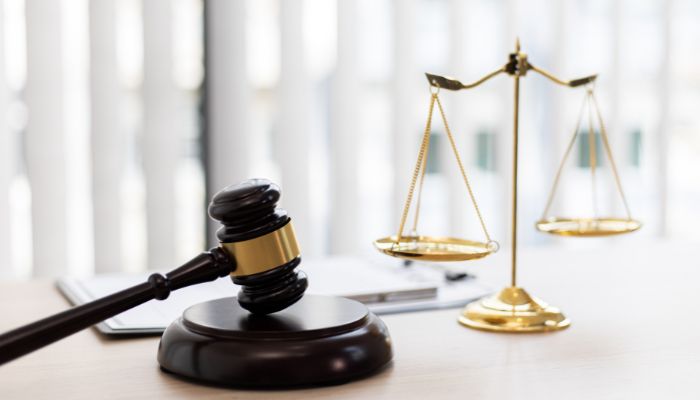Amendments to NAB law: A mixed bag
These are some of the positive changes to the anti-graft law, but some amendments have also received criticism
July 25, 2022

In the words of the English philosopher, John Stuart Mill: “A state which dwarfs its men, in order that they may be more docile instruments in its hands even for beneficial purposes, will find that with small men no great thing can really be accomplished”.
Pakistan has been achieved through enormous sacrifices and a relentless struggle by our forefathers, who had a will, a clear vision and a conviction for an independent democratic state.
As the 1973 constitution of the country states in its preamble, “the principle of democracy, freedom, equality, tolerance and social justice, as enunciated by Islam, shall be fully observed” and “the state shall exercise its powers and authority through the chosen representative of the people”. It also states that fundamental rights, including equality of status, of opportunity and before law, social, economic and political justice, and freedom of thought, expression, belief, faith, worship and association will be guaranteed and the independence of judiciary fully secured.
The constitution thus provides an immaculate and robust mechanism for realizing the above dream and to translate the vision and aspirations of our founding fathers.
The National Accountability Bureau Ordinance was promulgated on November 16, 1999, with the aim and objective of eradicating corruption and corrupt practices.
In 2019, a larger bench of the Supreme Court of Pakistan was seized with a matter pertaining to post-arrest bail of an accused, Tallat Ishaq. In the case, the apex court ruled that the grant of bail, on the grounds of delay in conclusion of trial is not absolute or automatic.
The Supreme Court further held that the high court cannot grant bail to an accused in a run of a mill case or as a matter of course or as a matter of right. Rather bail can only be granted by the high court in “extraordinary” or exceptional circumstances or in a case of extreme hardship.
In the classic case of Tallat Ishaq, the Court laid down certain directions and suggested that if the parliament deems it necessary it may amend the anti-graft watchdog law.
In the light of the directions, the incumbent government has brought about certain amendments to the law governing the National Accountability Bureau (NAB). These amendments include a reduction in the period of remand from 90 days to 14 days, the trial court has been given the power and the right to grant bail to an accused, a power that previously vested with the high courts.
Furthermore, no arrest of an accused can be made without sufficient evidence and in case of filing a false reference a penalty of five years jail has been recommended.
These are some of the positive changes to the anti-graft law. But some amendments have also received criticism.
For example, now no evidence brought from abroad would be admissible. Secondly, the jurisdiction of NAB would only extend to amounts exceeding Rs. 500 million and the burden of proof would also now be on the anti-corruption body.
In the words of Hamid Khan, a senior advocate of the Supreme Court, the amendments is a “license to corruption”.
In the absence of a chairman NAB at the moment, a post that has been lying vacant since June, there are chances that these alterations to the ordinance might be misused by a government.
It is important to also note that the definition of “assets” has been changed drastically. Previously, “assets” meant any property held by the suspects, directly or indirectly, in his/her own name or in the name of a spouse or relative. Now, a property only in the name of the accused or his/her benamidar will be included in the definition of asset.
As soon as the NAB amendments were made the Pakistan Tehreek-e-Insaaf challenged them in the Supreme Court, under Article 184 (3) of the constitution, with a prayer to declare these amendments to be ultra-vires to the constitution and being against the fundamental rights of the people of Pakistan more particularly, Articles, 9, 14, 19A, 24 and 25.
A glance at the recent NAB amendments would reveal that the same have been made in the light of the directions contained in Tallaq Ishaq’s case which of course are binding on the government.
These amendments were the need of the hour and would turn out to be a step in the right direction.
Pansota is an advocate of the Supreme Court.











